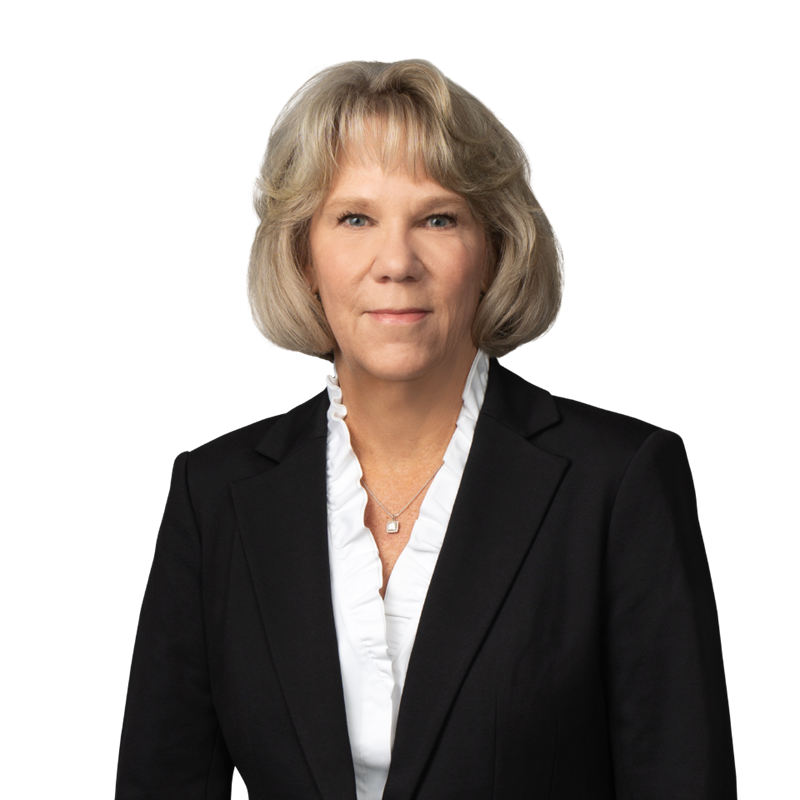Making Remote Work, Work
The realities of the COVID-19 pandemic for law firms of all shapes and sizes has a common thread: Everyone has needed to adapt to employees working remotely from home. This shift in workplace norms for all law firm employees, not just lawyers, has presented significant challenges for managing staff who are flung far from the traditional office confines.
While technology has enabled lawyers to work remote for years, the dynamic of shifting entire operations into remote mode is new for most organizations. However, for some firms, there was an earlier adoption of the remote or virtual option as an acceptable, if not preferred, way to work. Redgrave LLP was one of these early-adopter firms, and this article examines how we embraced the challenge of a geographically disparate workforce.
The Challenge
Remote work for a law firm comes with the expected need to supervise junior lawyers and other personnel consistent with professional and ethical obligations. Likewise, there is a need to address collaboration through technologies to ensure the consistent and efficient delivery of excellent legal services. Beyond these expected challenges, there is a substantial need to address something more: the emotional and cognitive connections between employees that serve as the glue that keeps a firm together and that ensure individuals don’t become isolated or disconnected.
Over the years, we have had good results in enabling the success of our professionals not located in one of our office locations. That said, we experienced occasions when remote coworkers became “disconnected.” When that happened, there was a higher chance of employee dissatisfaction and disengagement. This realization increased our efforts to create a program to address the overall wellness of every team member.
The Solution
In 2019, we created Professional Opportunity Development groups (PODs). A POD is a group of Redgrave LLP employees assembled as a social/professional unit to assist one another with social and work integration, questions, and issues. Each POD is not limited to a class or category of employees. Instead, it is a cross-section of the firm, including colleagues who work in traditional office locations and those who ordinarily work from home.
The POD moniker aligns with the basic social unit for dolphins. Pods provide dolphins with a cooperative and social way of life, increasing the chances for individual dolphin survival. Dolphins use both acoustic and nonacoustic means of communication to form alliances to accomplish tasks and manage relationships through pods, whether the dolphins are directly next to each other or over a mile apart.
Redgrave POD members serve as informal “mentors” or “guides,” supporting one another in meetings and exceeding essential job duties and expectations. PODs also help members take steps toward achieving professional development goals, while coaching them through matriculation within the firm. POD members encourage one another with respect to professional behaviors and create an environment where coworkers can give and take constructive feedback informally. In short, we encourage POD members to act as:
- Information resources: Assist with the integration of new employees
- Role models: Offer insight into how they have “made it” to their level within the firm
- Advisers: Share institutional and professional wisdom — in some instances, critique job performance and make suggestions
- Coaches: Help other POD members learn new skills and practice new behaviors
- Pathfinders: Help other POD members find new and challenging opportunities within the firm
- Supporters: Listen with sympathetic ears, explain unwritten rules, and acknowledge disappointments and successes. One of our first POD assignments was for each POD to reach a consensus decision on a charity to receive a donation from the firm. This provided an excellent opportunity for team members to get to know more about one another distinct from the ordinary tasks of client and business needs. The charities the PODs selected were later revealed firmwide, furthering the opportunity to share and learn about the organizations receiving firm support and the connection of the charity to each POD.
The PODs self-regulate their agendas and discussions and meet virtually on a regular basis to discuss issues of interest to POD members. During the COVID-19 pandemic, the PODs instantly became more active and enabled team members to address the added challenges and stresses. For example, they have shared homeschooling tips for parents attempting to concurrently be both teachers and full-time employees. PODs also have participated in virtual watercooler discussions and created a gratitude wall on the firm’s intranet to allow employees to share their personal experiences.
While the notion of PODs or similar social groups within a firm may not be revolutionary, we think our conscious efforts to develop an inclusive and diverse formal program has helped increase camaraderie. Importantly, we have seen relationships develop that are real and not merely transactional. These benefits have translated into an improved sense of firm wellness, which not only helps our employees but, in turn, our clients.
Published in Legal Management - The Magazine of ALA (June 2020)

